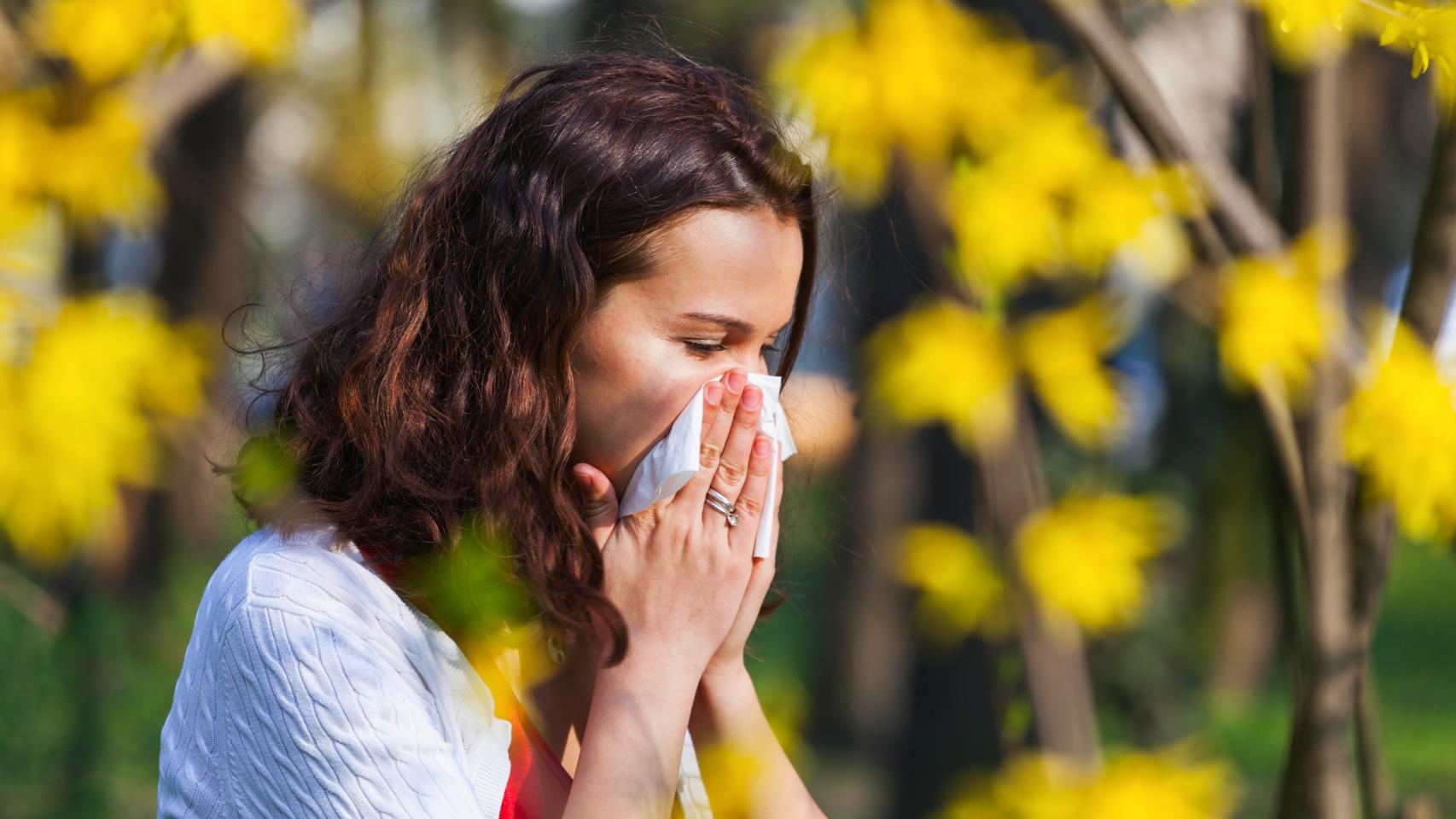
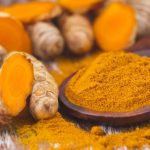



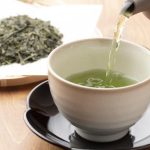




Allergy is the fourth most important chronic disease and it is estimated that by 2050 it will affect half of the world’s population, according to data from the World Health Organization (WHO).
Today, one of the most prevalent allergies is allergic rhinitis, which is when a person inhales airborne allergens, such as pollen, dust mites or mold, which cause inflammation of the inner lining of the nose and other associated symptoms. This pathology affects between 10% and 30% of the world.
Seasonal changes, like the one we have just experienced, put many people in check, causing eye discomfort, sneezing, hay fever congestion and other irritating effects.
It has also been shown that Pollution and climate change are factors that increase the incidence of allergies. According to 2015 research from the American Chemical Society, nitrogen dioxide and ground-level ozone—gases linked to climate change—cause chemical changes in certain airborne allergens, increasing their potency.
[Cómo destapar la nariz al instante: ¡Acaba con la congestión nasal!]
This study suggests that these changes, added to the general increase in temperatures, could be behind the fact that more and more people sneeze, sniffle and wheeze during allergy season. “Scientists have long suspected that Air pollution and climate change are implicated in the increased prevalence of allergies around the world.”says Ulrich Pöschl, doctor and researcher at the Max Planck Institute in Germany.
While some allergies can be fatal and require the attention of a healthcare professional, in mild cases home remedies With foods that we can find at home or in the supermarket, they can provide relief with little expense or inconvenience.
Citrus fruits (oranges, grapefruits, lemons…)

File image of a basket with citrus fruits. iStock
Vitamin C helps relieve the symptoms of allergic rhinitis and nasal irritation. Acts as a natural antihistamine reduce the amount of histamine produced by the body in response to an allergen. It may help reduce mild symptoms such as sneezing, runny nose, congestion, and watery eyes due to allergic rhinitis. Therefore, it is advisable to consume citrus fruits, which are rich in this nutrient, such as oranges, lemons, limes and currants. You can also include red and green peppers, strawberries, broccoli, potatoes or kiwis.
Turmeric
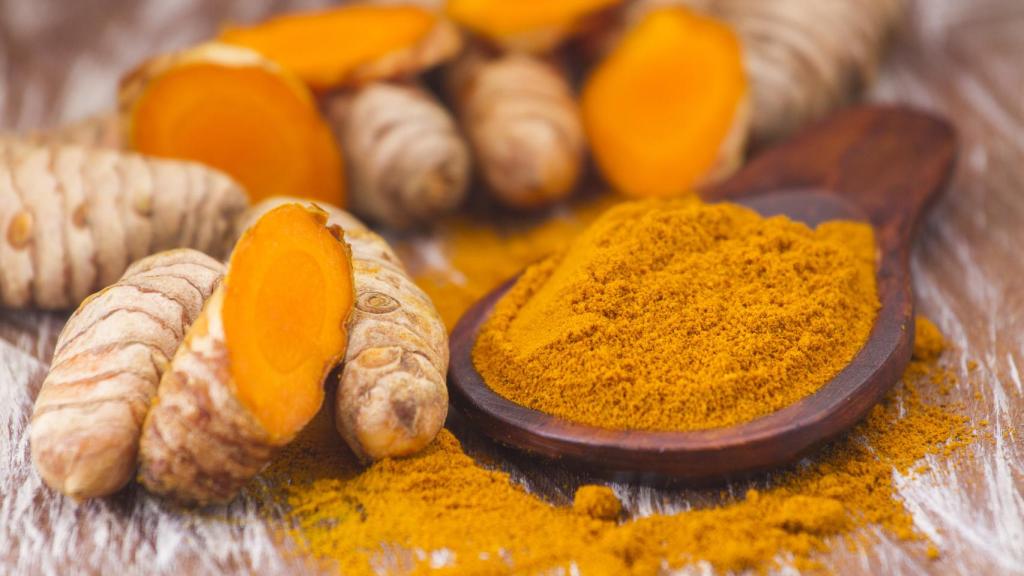
Stock image of turmeric powder and root. iStock
Turmeric contains curcumina antioxidant potentialin addition to anti-inflammatory compounds. This herbaceous plant, taken as an infusion, inhibits histamine, the substance produced by the body that causes allergy symptoms, such as itchy nose, swelling, and mucus production in the nasal passages.
Ginger
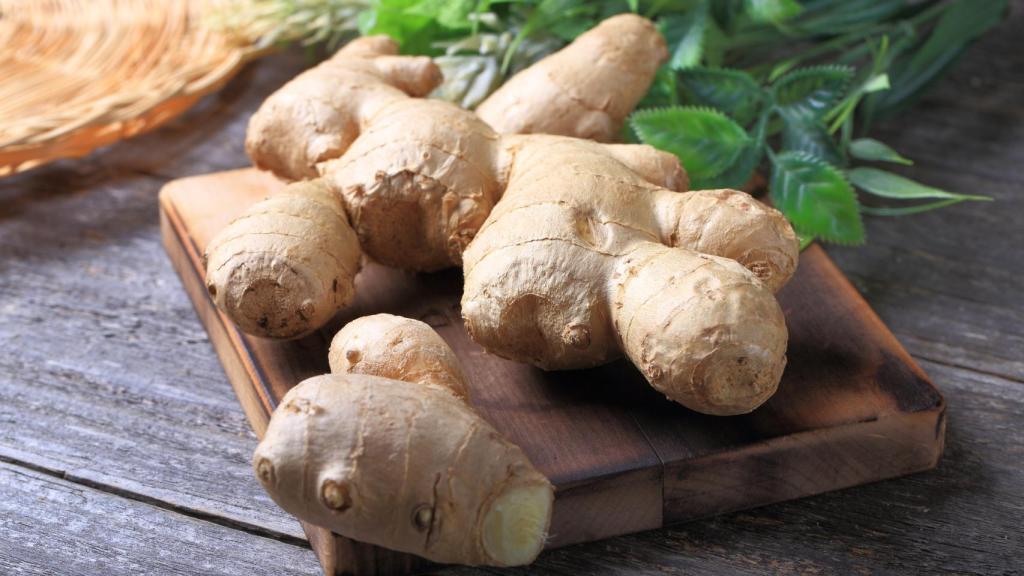
Stock image of ginger. iStock
Like turmeric, ginger is an allergy antihistamine and a natural anti-inflammatory. It is very useful to combat nasal congestion and runny nose, two common symptoms in people who suffer from allergic rhinitis.
Garlic
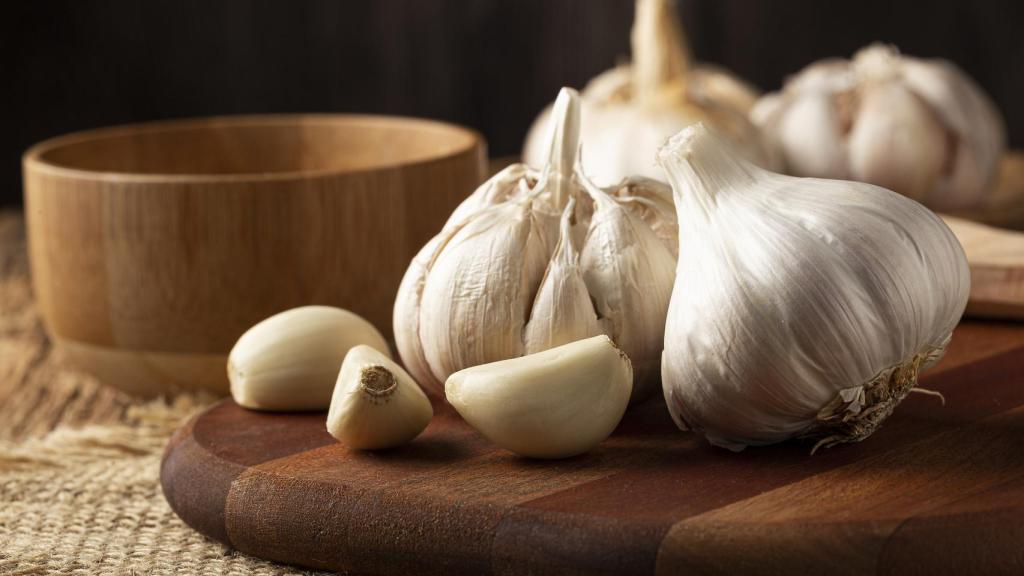
Stock image of garlic. iStock
Garlic, a food that can be found in any Mediterranean pantry, is very effective in combating allergy symptoms. It has an important function as an antihistamine, thanks to the high levels of quercetina powerful antioxidant, which contains. Therefore, it is recommended to integrate this food into diets from the beginning of spring.
Onion
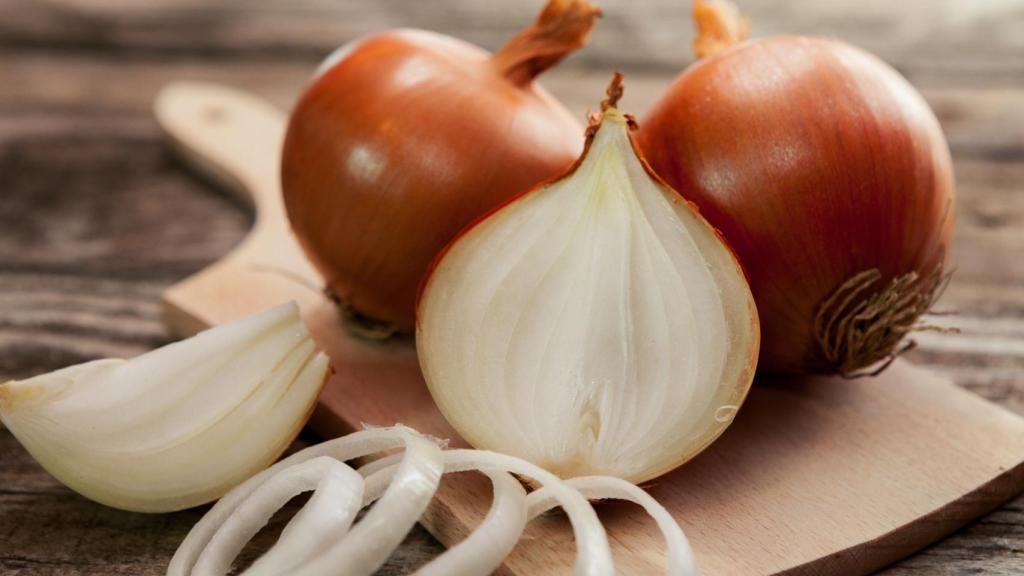
Stock image of onions. iStock
Onion, another essential in our kitchens, is the one with the highest levels of quercetin. There are many other foods that contain this substance with anti-inflammatory and antibiotic properties, such as cabbages, broccoli, mango, currants, endives, parsley or apples. These types of products are ideal for preventing runny nose and watery eyes that accompany allergic reactions.
Green tea
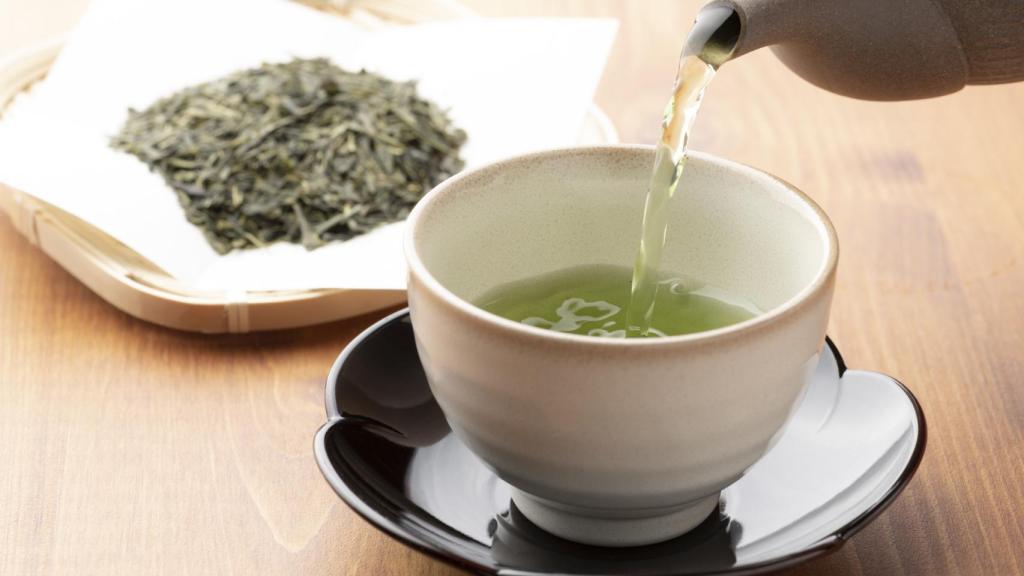
File image of a green tea infusion. iStock
One of the compounds in green tea interrupts histamine productionwhich makes it a natural antihistamine. Furthermore, its high content of bioflavonoids It also helps fight viral and bacterial infections, as well as reduce eye inflammation. The most effective way to use green tea is to apply a compress that has absorbed the infusion or the tea bag directly on the eyelids to relieve swelling and itching.
saline water

File image of salt on the shores of the Dead Sea. iStock
Seawater or saline water helps eliminate mucus and environmental particles that are in the nasal passages, allowing mucociliary clearance. In addition, it helps control congestion by hydrating the nasal mucosa. Salt water is applied directly to the nose to effectively perform nasal washing. The nasal washes They can relieve the symptoms of allergic rhinitis and prevent sinus infections (sinusitis).
Steam

File image of a shower with hot water and steam. iStock
Inhaling hot steam, in any form, can relieve the symptoms of allergies and colds. According to a study by the Institute for Quality and Efficiency in Healthcare in the USA, this method soothes the affected areas, softens and calms the inflamed membranes that line the inside of the nose. By ending the inflammation, the other symptoms subside. The best way to undergo this home remedy is shower with hot water. This way, The steam flow is continuous and can better penetrate the nasal cavities.
apple cider vinegar

Stock image of apple cider vinegar. iStock
Like other products that have been listed, apple cider vinegar due to its antibiotic and antihistamine properties. It can help reduce the intensity of symptoms and also plays a key role in regulation of the body’s immune responsepurifying the lymphatic system. Apple cider vinegar reduces mucus production, a common side effect of airborne allergies.
hot peppers
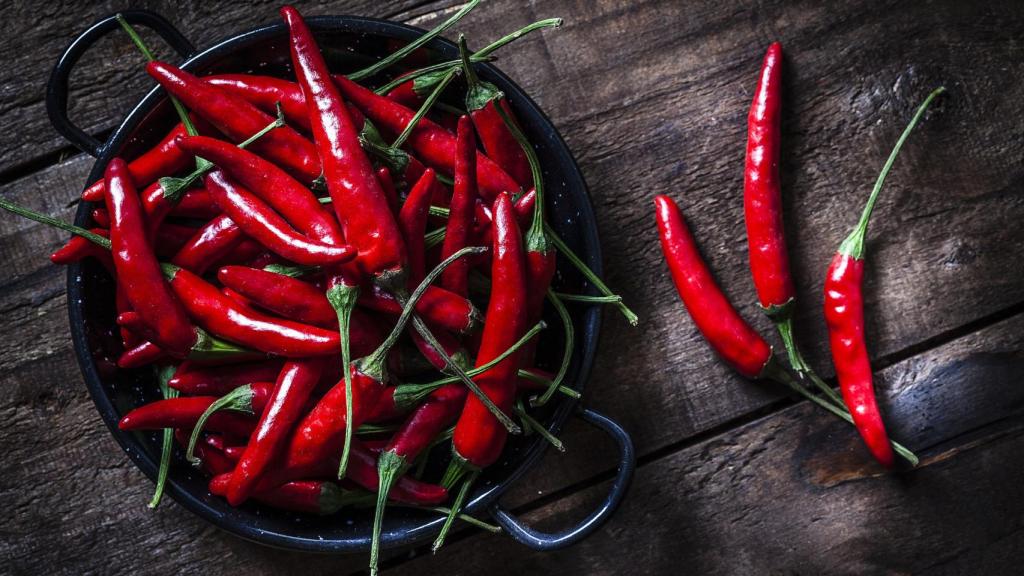
Stock image of hot peppers. iStock
We have all had too much spice in our meals at some point. And when this has happened, the nose started to run. This is due to the effect of capsaicin, a compound found inside chillies. The main benefit of this substance is that breaks down mucusmaking it flow. Thus, it decongests the respiratory tract.
